Search
Search Results

Definition
Woodes Rogers
Woodes Rogers (1679-1732) was a privateer turned administrator who was instrumental in the fight against piracy in the Caribbean when he served as Governor of the Bahamas (appointed 1717 and again in 1728). Rogers is also known for his three-year...
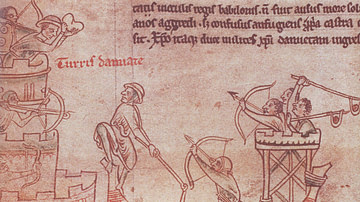
Definition
Fifth Crusade
The Fifth Crusade (1217-1221 CE) was called by Pope Innocent III (r. 1198-1216 CE) with the objective, like previous crusades, of recapturing Jerusalem from Muslim control; only this time the strategy was to weaken the enemy by first attacking...

Definition
Flight to Varennes
The Flight to Varennes was a pivotal moment of the French Revolution (1789-1799), in which King Louis XVI of France (r.1774-92), his wife Queen Marie Antoinette (1755-93), and their children attempted to escape from Paris on the night of...
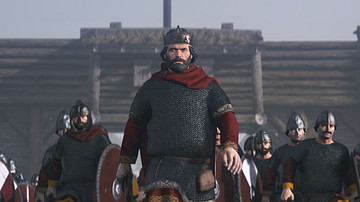
Definition
Alfred the Great
Alfred the Great (r. 871-899 CE) was the king of Wessex in Britain but came to be known as King of the Anglo-Saxons after his military victories over Viking adversaries and later successful negotiations with them. He is the best-known Anglo-Saxon...

Definition
Francis Drake
Sir Francis Drake (c. 1540-1596 CE) was an English mariner, privateer and explorer who in 1588 CE helped defeat the Spanish Armada of Philip II of Spain (r. 1556-1598 CE) which attempted to invade the kingdom of Elizabeth I of England (r...
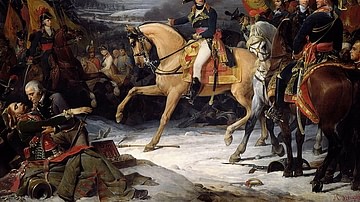
Definition
War of the Second Coalition
The War of the Second Coalition (1798-1802), part of the broader French Revolutionary Wars, was the second attempt by an alliance of major European powers to defeat Revolutionary France. The Second Coalition, which included Russia, Austria...

Definition
Ghosts in the Ancient World
A belief in an afterlife was central to every major civilization of the ancient world and this encouraged the recognition of the reality of ghosts as the spirits of the departed who, for one reason or another, either returned from the realm...
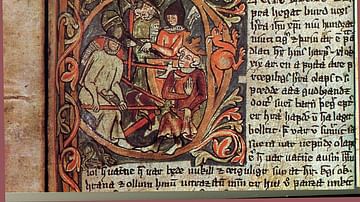
Definition
Saga
The Old Norse word saga means 'story', 'tale' or 'history' and normally refers specifically to the epic prose narratives written mainly in Iceland between the 12th- and 15th centuries CE, covering the country's history as well as Scandinavia's...
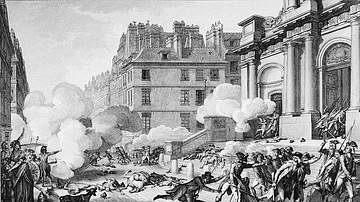
Definition
13 Vendémiaire
The Revolt of 13 Vendémiaire Year IV (5 October 1795) was a royalist uprising in Paris during the French Revolution (1789-1799). In response to the anti-royalist policies of the Thermidorian Reaction, 25,000 Parisians rose in revolt but were...
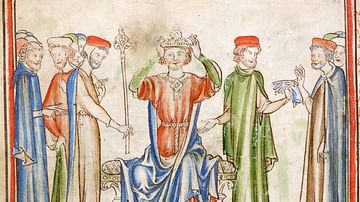
Definition
Harold Godwinson
Harold Godwinson (also spelt Godwineson) reigned briefly as King Harold II of England from January to October 1066 CE, the momentous year which witnessed the Norman conquest and end of 500 years of Anglo-Saxon rule. Harold had been, as the...